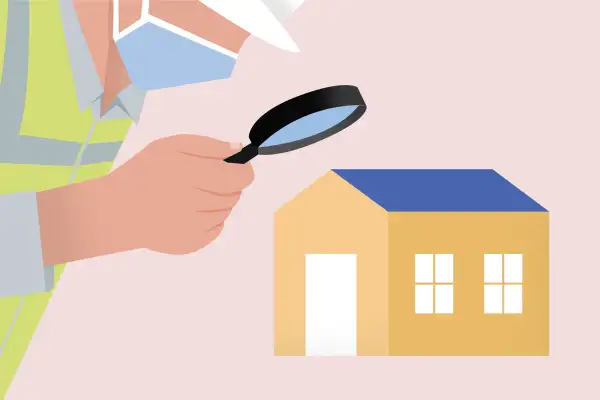How to Buy a House During Quarantine — With the Help of Online Appraisals, eClosings, and More

Trying to buy a home? It's not easy but there are ways to get the deal done.
Although the coronavirus outbreak has ground many industries to a halt and forced people across the country to shelter in place, Americans are still buying homes. For the week ended March 27 — even as large swaths of the U.S. essentially shut down for business — the number of mortgage applications for home purchases was still about three-fourths what it was for the same period in 2019.
“We are seeing some cases where real estate transactions are being held up or coming apart, but a lot of buyers and sellers are banding together to figure out ways to get deals done,” says Jennifer Seal, Redfin’s Philadelphia market manager.
On March 28 the Department of Homeland Security classified residential real estate as an “essential business” after dozens of states, such as California and Washington, had already lifted stay-in-place orders for real estate agents, appraisers, title agents, and other industry professionals. (To see what the rules are in your state, check out this Redfin map.)
Furthermore, Seal says home buyers are finding creative ways to complete steps of the home-buying process—from home inspections and appraisals to final walk-throughs and closings—while millions of Americans are sheltering in place.
Here’s how buyers are closing real estate transactions in the age of coronavirus.
Home inspections are going virtual
Typically home buyers accompany their inspector during the home inspection, but a number of home inspectors are now using live video chatting apps like FaceTime or Zoom to let home buyers tag along remotely. This keeps buyers at a safe distance for home inspections, Seal says.
Lenders are cutting back on in-home appraisals
More appraisers are turning to computer algorithms to value properties instead of sending appraisers to inspect homes in person, says Skylar Olsen, director of economic research at Zillow. That’s partly because Freddie Mac and Fannie Mae, the government-backed mortgage giants, recently directed mortgage lenders to reduce the need for appraisers to inspect the interior of a home for eligible mortgages. The caveat? For non-conforming mortgages, such as FHA loans, an in-home appraisal is still required, says Olsen.
Final walk-throughs are still taking place
Most purchase agreements allow home buyers to do a walk-through of the house shortly before closing to make sure the home is in good condition—testing appliances, windows, doors, outlets, and other items—and double-check any home inspection repairs that the seller made. But, Seal says home buyers are taking safety precautions in the wake of the coronavirus. “Some buyers are asking sellers to leave all doors and closets open so that they can see the entire house without taking their hands out of their pockets,” she says.
More buyers are doing eClosings
Digital real estate closings, or “eClosings,” give buyers and sellers the ability to sign settlement documents electronically—meaning parties don’t have to meet in a room to close the deal. Most eClosings are orchestrated by title agents, who often lead individuals through the required paperwork via video conferencing, Seal says.
But because of online notarization laws, eClosings are not legal in every state. This map from settlement software company PropLogix (last updated on January 8) shows what states allow digital closings.
